Posted on 10/31/2024
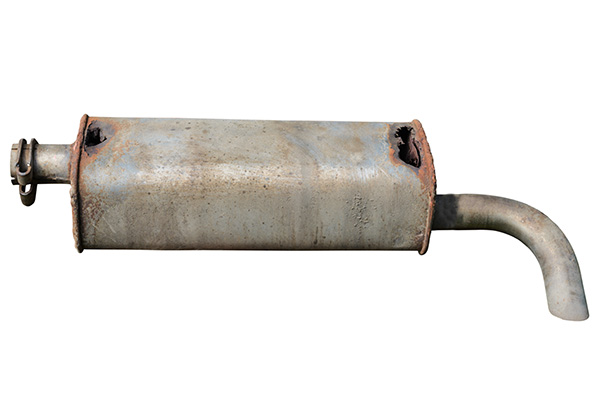
Noticing something off with your car can be alarming, especially when you’re not sure what’s causing it. One issue that’s often overlooked is an exhaust leak, which can be hazardous if not dealt with. Exhaust leaks can lead to harmful gasses entering the cabin, reduce engine efficiency, and even damage other components of your vehicle. Knowing the early signs can help you catch an exhaust leak before it becomes a bigger, more expensive problem. We'll share how to detect the early signs of an exhaust leak. Unusual Noises Coming from Your Car One of the first signs of an exhaust leak is a change in the sound of your car. If you notice that your vehicle has become significantly louder than usual, it could be a clue that something’s wrong with the exhaust system. Typically, a leak in the exhaust will cause a loud, hissing or popping sound when the engine is running, especially during acceleration. The exhaust system is supposed to ... read more
Posted on 9/27/2024
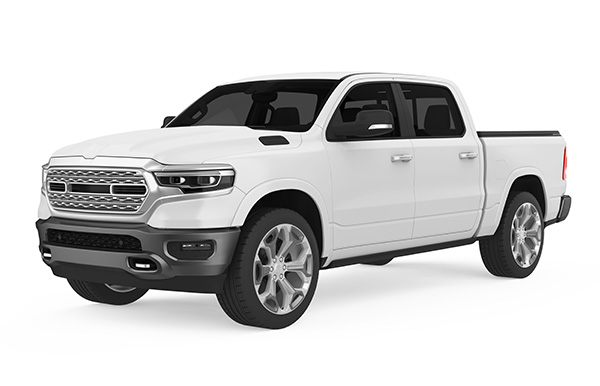
Pickup trucks are known for their durability and ruggedness, making them a popular choice for those who need both utility and power. Whether you're using a pickup for work, towing, or everyday driving, they need regular care to stay in top condition. However, like any vehicle, pickups are prone to specific problems over time. Let’s break down some of the most common issues that pickup truck owners face and how you can prevent them from becoming costly repairs. Transmission Problems One of the most frequent complaints from pickup truck owners is transmission issues. The transmission is responsible for transferring power from the engine to the wheels, and it endures a lot of stress—especially when hauling heavy loads. Symptoms of transmission problems include slipping gears, delayed shifts, or strange noises while driving. These issues can arise due to insufficient transmission fluid, heavy towing, or just general wear and tear over time. If ... read more
Posted on 8/30/2024
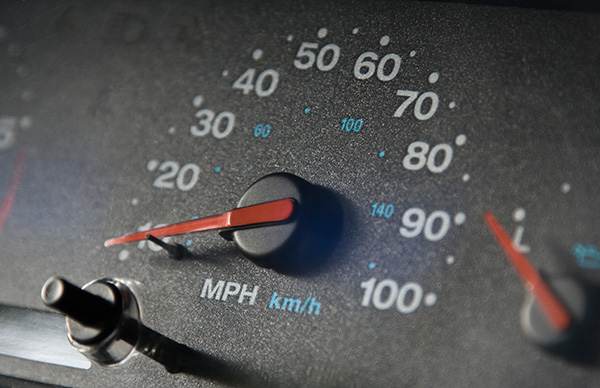
A faulty speedometer may appear to be a minor inconvenience, but it can have serious consequences if not addressed promptly. You rely on your speedometer to gauge your speed, ensuring you stay within speed limits and drive safely. However, when your speedometer stops working correctly or starts giving inaccurate readings, the dangers associated with this are more significant than you might think. Why a Functional Speedometer Is Important Your speedometer is more than just a number on your dashboard—it's a critical safety feature. When functioning correctly, it allows you to monitor your speed, helping you avoid speeding tickets, reduce the risk of accidents, and comply with traffic laws. A faulty speedometer, on the other hand, can lead to a host of problems that compromise both your safety and the safety of others on the road. Accurate Spee ... read more
Posted on 7/26/2024
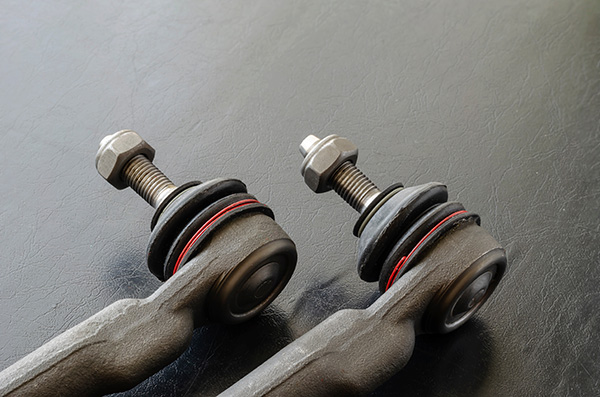
When it comes to understanding how your car's steering system works, the tie rod is an essential component that often goes unnoticed. But what exactly is a tie rod, and how does it contribute to the smooth steering of your vehicle? We'll explain the role of tie rods in your car's steering mechanism and why keeping them in good condition is vital for your safety and driving comfort. Steering Tie Rods Tie rods are a fundamental part of your vehicle's steering system. They connect the steering gear, or rack and pinion, to the steering knuckle, allowing your wheels to turn when you rotate the steering wheel. Essentially, tie rods act as a bridge, transferring the motion and force from the steering gear to the wheels, enabling precise control over your vehicle's direction. How Tie Rods Work The function of tie rods can be broken down into a few key steps. When you turn your steering wheel, the steering gear mo ... read more
Posted on 6/27/2024
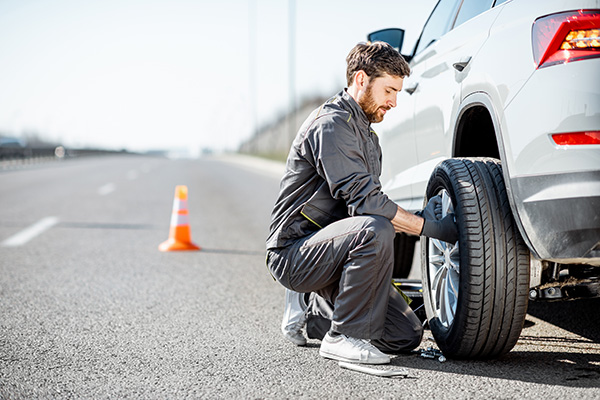
We've all been there – you're driving along, enjoying your day, when suddenly you hear that unmistakable thump-thump-thump of a flat tire. It's frustrating and inconvenient, but knowing how to change a flat tire can turn a potential disaster into a minor bump in the road. With a little preparation and the right tools, you can get back on your way in no time. Gather Your Tools Before you even hit the road, make sure you have the necessary tools to change a flat tire. You should always have the following items in your vehicle: Spare tire (properly inflated) Jack Lug wrench Wheel wedges Flashlight (with extra batteries) Gloves Reflective triangles or flares Having these tools on hand will ensure that you're ready to handle a flat tire, no matter where you are. Step 1: Find a Safe Location Safety first! If ... read more